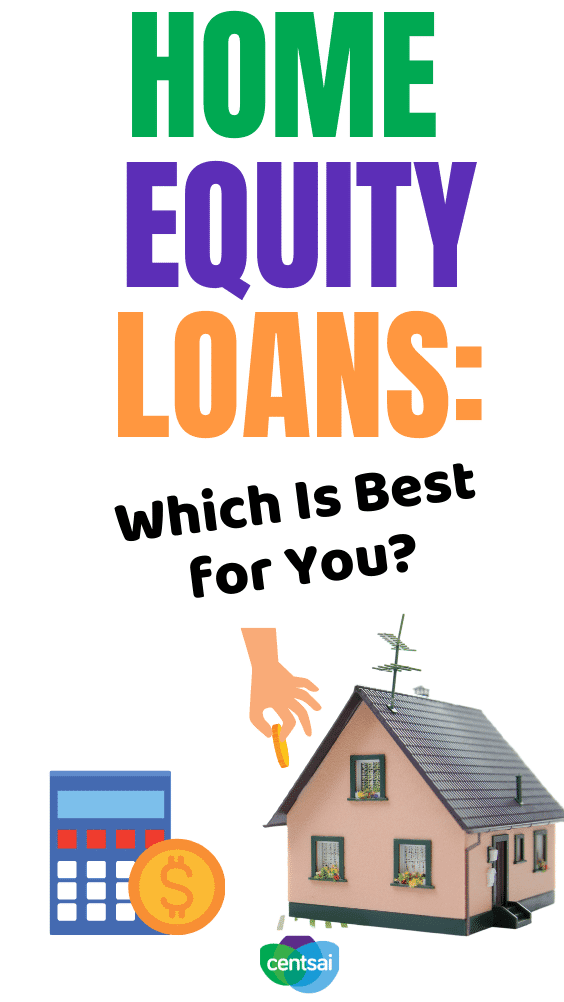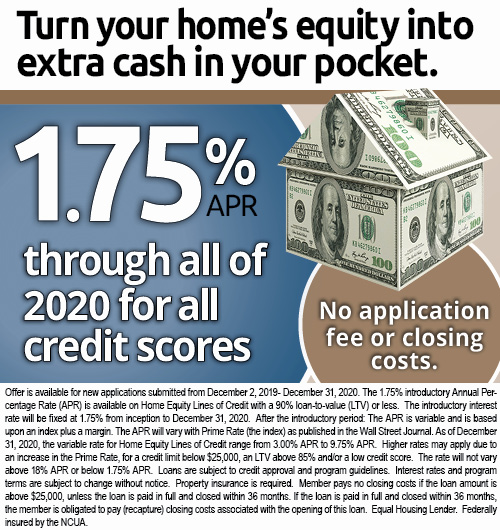Table of Content
To join you must make a one-time donation of $5 to the Connexus Association or be a member of an affiliated company or community. NerdWallet, Inc. is an independent publisher and comparison service, not an investment advisor. Its articles, interactive tools and other content are provided to you for free, as self-help tools and for informational purposes only. NerdWallet does not and cannot guarantee the accuracy or applicability of any information in regard to your individual circumstances. Examples are hypothetical, and we encourage you to seek personalized advice from qualified professionals regarding specific investment issues.
Although most home equity lenders let you tap up to 85% of your home’s value, some lenders may offer high-LTV home equity loans that allow you to borrow more. Use our home equity loan calculator to estimate how much home equity borrowing power you have. Lenders differ in how much they will lend as a percentage of the total equity.
Pros of a home equity loan
As always, it’s best to get quotes from at least a few lenders before settling on one. Be prepared to have financial documents at the ready such as pay stubs and Form W-2s as well as proof of ownership and the appraised value of your home. Mortgage refinances are also subject to the same three-day cancellation rule, also known as the right of rescission. In addition to Forbes, her work has appeared on HuffPost, Business Insider, Yahoo! Finance, MSN, The Motley Fool, U.S. News & World Report, TheStreet and more. You can use the funds from a home equity loan to cover almost anything you’d like, such as education expenses, renovations, medical bills and more.
We’ll let you know when your score changes, and provide free insights for ways to keep building. In worse markets, plummeting home sale prices have dissolved homeowners’ equity. During the Great Recession, for instance, median sale prices plummeted by over $14,000 from the last quarter of 2008 to the first quarter of 2009.
NerdWallet's Best Home Equity Loan Lenders of 2022
This type of loan will generally come with a fixed interest rate, which means you’ll pay back what you borrowed in equal installments. This could be a good choice if you know how much you need to borrow and prefer a more structured loan compared to a HELOC. If you’re approved, the lender will create a second mortgage and cut you a check for the full loan amount.
A home equity loan lets you borrow money using your home as collateral. You'll get a lump-sum payment and repay the loan with fixed-rate interest over a predetermined term. Home equity loan, you'll need a credit score that is at least 620, though many lenders will look for a higher minimum score. You also need to have at least 20% home equity, meaning you have paid off an amount of your original mortgage that's equal to 20% or more of your home's current value.
How much can I borrow on a home equity loan?
During the draw period, you can keep borrowing money up to your HELOC’s credit limit. Then, when the draw period ends and the repayment period begins, you’ll pay back what you borrowed. The terms of these loans vary but generally run from 12 months to seven years, though it’s possible to find personal loans with longer terms. Your interest rate will vary depending on your credit score, loan term, and how much you borrow.
However, if you’re able to refinance at a lower rate than what you’re currently paying, it could be a good deal. Most lenders require a score of at least 680 in order to get approved for a home equity loan. However, you may still be able to qualify for a home equity loan with bad credit. Since home equity loans are secured by your property, meaning your home serves as collateral if you default on the loan, there’s less risk to the lender. And it can help if your other financial qualifications are strong. Remember that both HELOCs and home equity loans are second mortgages, which means you’ll be making payments on two loans at once.
Find The Best Home Equity Loan Lenders Of 2022
This means you have a loan-to-value ratio of 70% and 30% equity. A professional appraisal will give you an accurate idea of how much your home is currently worth in the market. This will let you determine whether you have enough equity to apply for a HELOAN. Like most institutions, Navy Federal will evaluate your credit history, your combined loan-to-value ratio, loan amount and property type to determine your eligibility and interest rate. In addition to offering competitive HELOC products, Citizens Bank stands out for providing an outstanding customer experience.

The lowest home equity loan rates are typically only available to the most creditworthy borrowers, so take what steps you can to raise your credit score before you apply for a home equity loan. Beyond that, the most important thing is to shop around and compare offers from multiple lenders in order to find the best rate. Be sure to also factor in closing costs and fees so you can accurately compare the total cost of borrowing. A financial services company known primarily for its credit cards, Discover also offers home equity loans as part of its suite of banking products. Home equity loans are available in 48 states, but the lender does not offer home equity lines of credit at all.
Plus, it’s easy to get quotes online without a hard credit inquiry, allowing you to get several offers to compare within a few minutes. Your debt-to-income ratio is one of the most important factors that lenders consider when approving you for a mortgage. This number measures how much of your monthly gross income is used to pay your debt obligations, expressed as a percentage. For example, if you earned $6,000 per month before taxes, and you paid $2,100 a month for your student loan, car and credit card payments, your DTI would be 35%.

The interest is added to your loan balance and doesn’t need to be paid until you move out or die. In most cases, the home is then sold and proceeds are used to pay off the balance. You also need to have sufficient equity built up in your home, especially if you’re attempting to secure a home equity loan with bad credit. Lenders use what’s called a loan-to-value ratio that divides your current mortgage balance against your home’s current appraised value.
Average home equity loan rates are currently 7.8%, which is higher than the average rate for a 30-year fixed mortgage at 6.78%. Cash-out refinancing makes sense when you can get a lower refinance rate than your existing mortgage rate. However, that may be difficult for many homeowners in this current rate environment. When mortgage rates are high, home equity loans — which don’t alter the rate on your primary mortgage — tend to be a cheaper option than cash-out refinancing. You can apply for a home equity loan or HELOC on the Third Federal website. Both applications are included on the same page along with multiple rate and term options, allowing the customer to assess what will be best for them.
A home equity loan is usually a better choice if you need to borrow money for one big purchase, such as a kitchen remodel, or to pay off high-interest-rate credit card debt. A HELOC makes more sense when you want access to a steady line of credit to cover a range of projects and expenses. During their December meeting, the Fed announced a 50 basis point hike to the federal funds rate, a short-term interest rate that determines what banks charge each other to borrow money.
As with your primary mortgage, your home is at risk of foreclosure if you can't make payments. Citizens Bank does not disclose its credit requirements for home equity products. All products are subject to approval based on credit score, LTV and DTI ratios.

No comments:
Post a Comment